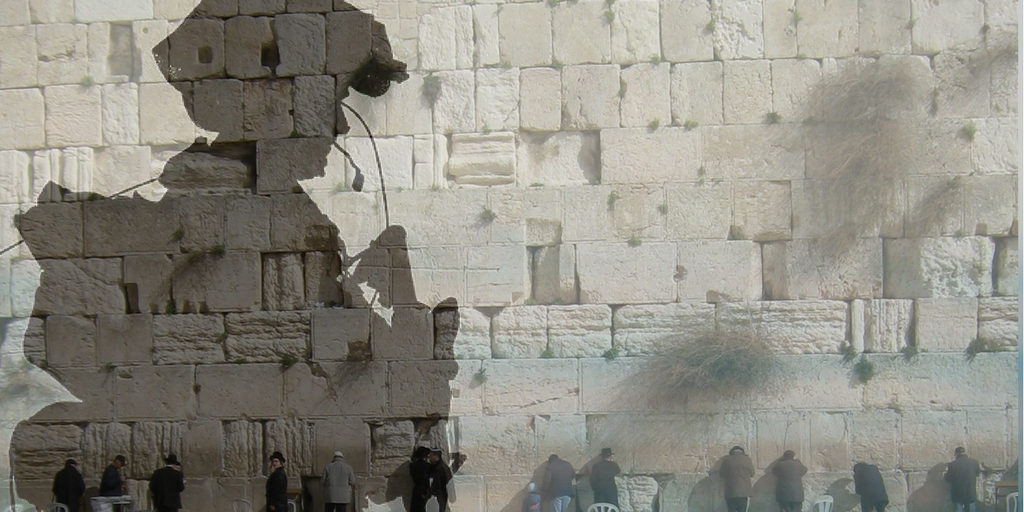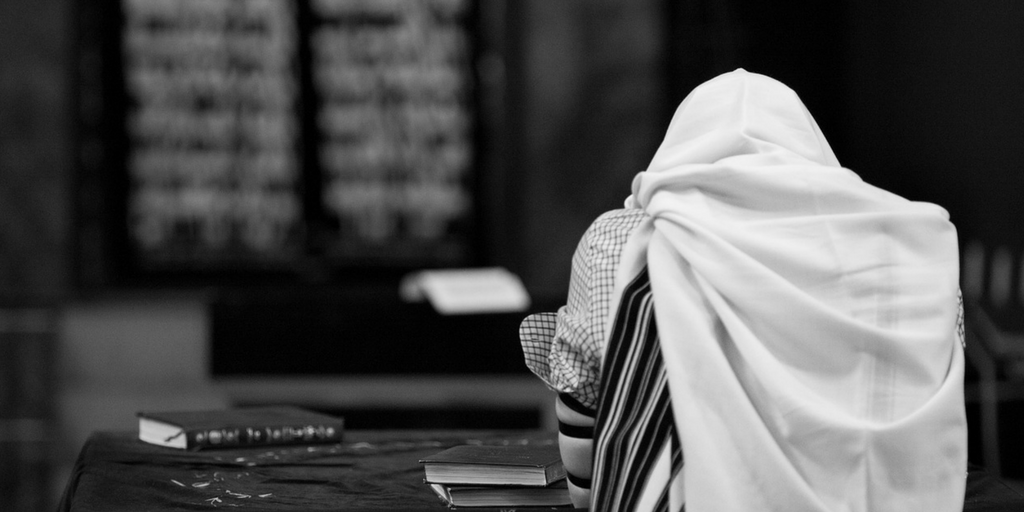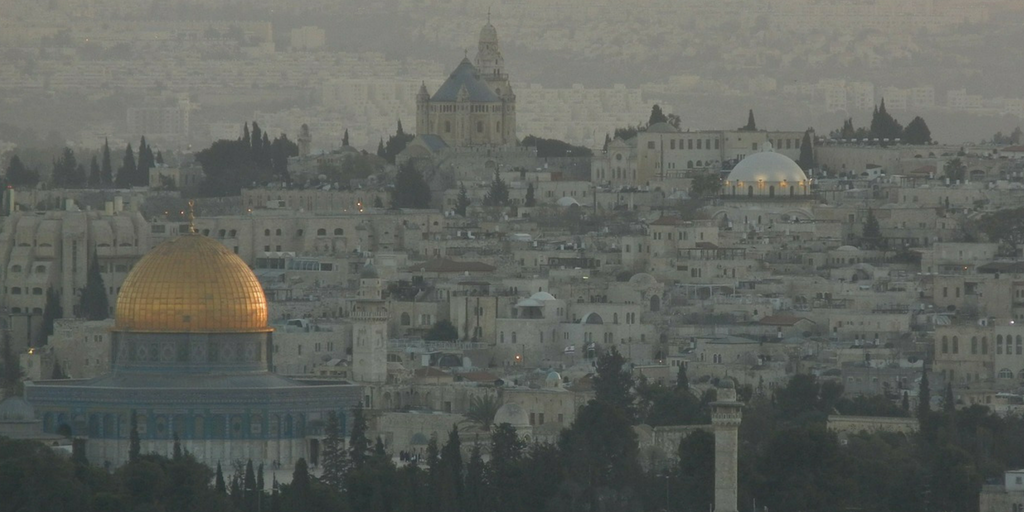“You shall not be a gossip monger among your people, you shall not stand aside while your fellow’s blood is being shed – I am HaShem. You shall not hate your brother in your heart; you shall reprove your fellow and not bear a sin because of him. You shall not take revenge and you shall not bear a grudge against the children of your people; you shall love your fellow as yourself – I am HaShem.” (VAYIKRA 19:16-18)
At first glance the Torah appears to be teaching a series of precepts designed to improve our character traits and perfect Israeli society. But the fact that these commandments are listed in such detail indicates that they reveal a central tenet of authentic Hebrew thought. In verse 18, we are commanded to love our fellow as we love ourselves. While a precept such as this might sound pleasant in theory, some might argue the impossibility of such a decree. In today’s prevalent culture – where the individual’s wants and needs are given central importance – it seems doubtful that modern man could really be expected to love another as he loves himself. Perhaps one could attempt to treat his fellow as if he loves him to that extent but to actually feel this love in one’s heart seems as though the Torah is demanding not only a behavioral adjustment but also a complete revolution in human nature. The commandment is followed by the statement “I amHaShem” – a declaration found throughout the Torah which often serves to emphasize the great importance of a particular mitzvah. In addition to reminding us that HaShem is all powerful and aware of a person’s true inner thoughts, the statement “I amHaShem” is akin to the Kadosh Barukh Hu signing a contract. Laws carrying great consequence often include this Divine signature in order to guarantee that HaShem will treat a person according to his behavior, especially in regards to the fulfillment of these precepts.
By utilizing the statement “I am HaShem” following these particular laws, the Torah prompts the question of how such incredible weight can be placed on mitzvot so ostensibly alien to human behavior. Rather than merely dictating conduct, these commandments serve as a direct challenge to what many mistakenly believe to be their nature, which can only be properly understood within the context of Israel’s true relationship to our Torah.
The Torah is not a rulebook meant to coerce human behavior but rather the written expression of HaShem’s Divine Ideal teaching us how to most successfully express our true inner selves. Our Sages teach (Yoma 28b) that “Our patriarch Avraham kept the entire Torah [even before the actual Torah was given to Israel in written form].”
Nefesh HaḤaim (1:21) expands on this idea by explaining how Israel’s patriarchs were able to perceive the positive impact of mitzvot on the metaphysical realm, therefore living Torah lives as an expression of their true inner selves. While most humans today are sufficiently healthy that our lungs breath and our hearts beat without external guidance or assistance, we are not yet healthy enough to live the mitzvot as a natural function. We still require the Torah’s written form in order to help us in successfully expressing our true selves.
Through a heightened awareness of Israel’s true inner essence, we can appreciate themitzvot quoted above as just a few of the many liberating precepts intended to elevate our overall perceptions of reality. The Jerusalem Talmud (ninth chapter of Nedarim), for example, offers an explanation concerning the Torah’s prohibition against vengeance. It describes a man slicing food with a knife. As he is cutting, the hand holding the knife slips and injures his other hand. The Talmud then asks if the wounded hand would rise up to take vengeance against the hand that cut it. This rhetorical question comes to teach that just as each hand is a piece of one whole body, so is each individual Jew one piece of Knesset Yisrael – the giant national Israeli soul that shines into this world through the earthly Jewish people. Therefore, one Hebrew taking revenge against his brother is no less absurd than a person’s left hand rising up against the right. The Hebrew Nation is not the sum total of every Jew but rather one colossal spirit that manifests itself in space and time through millions of bodies. While human beings each possess a personal soul, Israel shares one massive national soul – like a giant tree of which each Jew is an individual branch.
Rabbi Avraham Yitzḥak HaKohen Kook teaches that the highest level of Ahavat Yisrael(love for Israel) a person can achieve results from obtaining the belief, knowledge and deep understanding of Israel’s true inner essence. It involves more than merely loving individual Jews for their positive personal traits. These traits may not always be discernable and are certainly not what makes Israel unique. The Segula of Israel is the collective national essence that precedes the individuals. It is the inner Divine light planted within the Hebrew soul and revealed in human history through the Jewish people. Rather than attempt to love each and every individual Jew, one can learn to recognize and love the source of Israel’s essence – the Segula – which then allows this love to flow out to every distinct piece of that national collective.
A man who loves his son does not simply love the sum total of each limb. He loves his child as a whole person and therefore loves every individual piece of that person. He can see each finger, leg and ear as an expression of that one soul he knows to be his son.Knesset Yisrael is similarly one giant spiritual organism revealed through individual Jews scattered in space and time. The highest level of Ahavat Yisrael is therefore a deep Torah wisdom that must be studied and not merely emotionally felt. The base of this wisdom stems from learning about, understanding and recognizing the Segula in order to comprehend Israel’s true inner unity.
The Torah does not merely instruct us to love each Jew as much as we love ourselves. It actually informs us that each Jew is inseparably connected because Israel is essentially one Divine entity. Despite the Hebrew soul appearing fragmented in our world, Jews have the ability to recognize the objective reality of our inner unity – a unity that transcends far beyond the confines of what our eyes perceive. Once a person fully recognizes this truth, he becomes able to feel and express the required love for each individual. And he automatically becomes incapable of spreading evil gossip about or holding grudges against his brothers. He becomes incapable of taking vengeance against a fellow Jew and becomes unable to passively stand by as blood is being shed.
When Israel is finally able to appreciate our inner oneness, we will be empowered by true love and a sense of collective responsibility. A mature understanding of this lofty ideal arouses the highest levels of Ahavat Yisrael and allows the Jewish people to reach our inner potential and achieve our national goal of bringing this world to Divine perfection.





